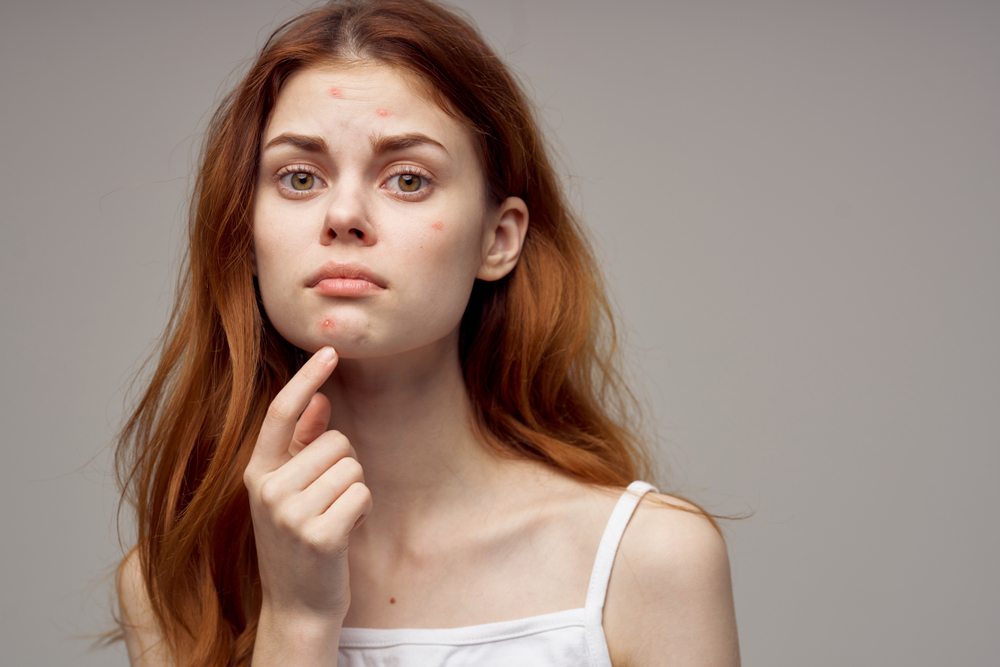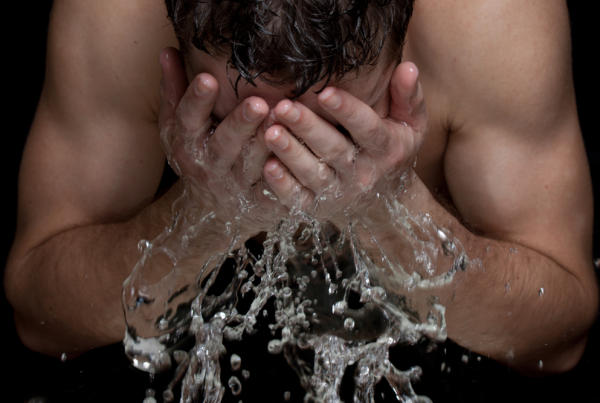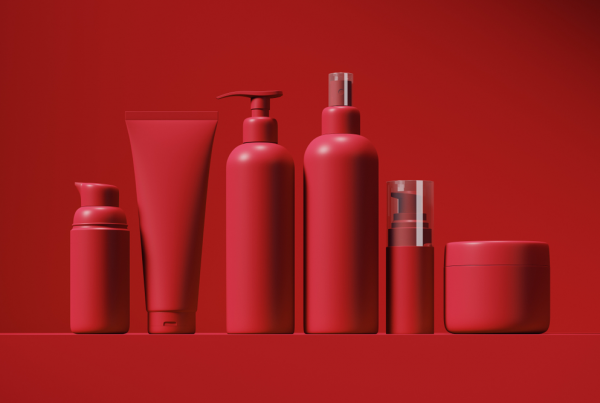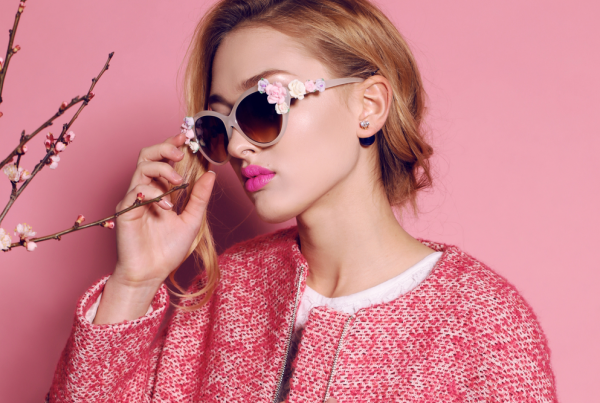We are aware that you would like to get rid of acne as soon as possible, especially if it is on your face. But the probability that it won’t happen repeatedly increases with your level of knowledge. You’ll learn about them in a matter of minutes and enjoy stress-free skincare for the rest of your life.
We’ll look at often asked questions like how can I tell what kind of acne I have. What effects does some acne have on your skin? Which types of acne leave scars and marks?
Oh, and how you start off treating those tough ones softly is also crucial.
- Whiteheads: Dead skin has filled the closed acne.
- Papules acne: Small red pimples that are irritated.
- Pustules: Pimple with severe red pus that is sensitive to the touch.
- Nodules: large, swollen, bumpy spots.
- Cysts: deep, big, pustular, and inflammatory.
What causes acne?
 Androgen hormones, which normally become active during adolescence and young adulthood, are a major hormonal factor in acne. Acne can be caused on by sensitivity to these hormones, in addition to surface skin microorganisms and fatty acids within oil glands.
Androgen hormones, which normally become active during adolescence and young adulthood, are a major hormonal factor in acne. Acne can be caused on by sensitivity to these hormones, in addition to surface skin microorganisms and fatty acids within oil glands.
Acne can be made worse by certain factors:
- Hormone levels that change around a woman’s cycle.
- Picking at an acne scar.
- Accessories like hats and sports helmets, as well as clothing.
- Pollution in the air and specific meteorological conditions, particularly excessive humidity.
- Using fatty or oily personal care products, such as thick creams, lotions, or waxes, or working in an environment where you frequently come into touch with grease (such as working at a restaurant where there are greasy food surfaces and frying oil).
- Stress, which raises cortisol levels, can also make acne worse.
- Some medicines.
This could be the reason your acne isn’t clearing up.
 If you’ve tried every acne therapy on the market and nothing has worked, it’s possible that you don’t have ‘conventional acne.’ What you may have thought was acne was actually Malassezia folliculitis, often known as fungal acne. While it may appear identical, it requires a distinct therapy because standard acne medications may worsen the breakout.
If you’ve tried every acne therapy on the market and nothing has worked, it’s possible that you don’t have ‘conventional acne.’ What you may have thought was acne was actually Malassezia folliculitis, often known as fungal acne. While it may appear identical, it requires a distinct therapy because standard acne medications may worsen the breakout.
What causes fungal acne?
 Malassezia folliculitis is the medical term for ‘fungal acne’ (or pityrosporum folliculitis). It’s an infection produced by an overgrowth of yeast that irritates your hair follicles. Yeast can feed on the oil in your skin, making oily skin and oily skin patches more prone to infection. Fungal acne may be more common in people with oily skin. Using oil-based products that disrupt your skin’s balance may increase your chances of developing fungal acne. There are additional environmental elements such as heat and humidity that will increase the likelihood of an infection, as well as if you sweat a lot. Consider yourself a more likely candidate if you have a history of fungal skin diseases such as seborrheic dermatitis or dandruff.
Malassezia folliculitis is the medical term for ‘fungal acne’ (or pityrosporum folliculitis). It’s an infection produced by an overgrowth of yeast that irritates your hair follicles. Yeast can feed on the oil in your skin, making oily skin and oily skin patches more prone to infection. Fungal acne may be more common in people with oily skin. Using oil-based products that disrupt your skin’s balance may increase your chances of developing fungal acne. There are additional environmental elements such as heat and humidity that will increase the likelihood of an infection, as well as if you sweat a lot. Consider yourself a more likely candidate if you have a history of fungal skin diseases such as seborrheic dermatitis or dandruff.
How do you spot the difference between bacterial and fungal acne?
 As explained previously, fungal acne is caused by Malassezia folliculitis. It may resemble hormonal or bacterial acne, but it refers to excess yeast that has accumulated in your hair follicles, generating breakout-like symptoms. It’s not acne, but rather an infection in your hair follicle. To identify the difference on yourself, look for classic acne on your face, particularly in the T-zone, jawline, and cheeks. You’ll notice more ‘fungal acne’ on your chest and upper back, and the patches will be more similar in size.
As explained previously, fungal acne is caused by Malassezia folliculitis. It may resemble hormonal or bacterial acne, but it refers to excess yeast that has accumulated in your hair follicles, generating breakout-like symptoms. It’s not acne, but rather an infection in your hair follicle. To identify the difference on yourself, look for classic acne on your face, particularly in the T-zone, jawline, and cheeks. You’ll notice more ‘fungal acne’ on your chest and upper back, and the patches will be more similar in size.
Itching will be more prominent with fungal acne.” Large cysts, blackheads, and whiteheads are not caused by fungi, thus if you have any of these pimples or a mix of them, it is most likely not fungal acne.
How to treat fungal acne?
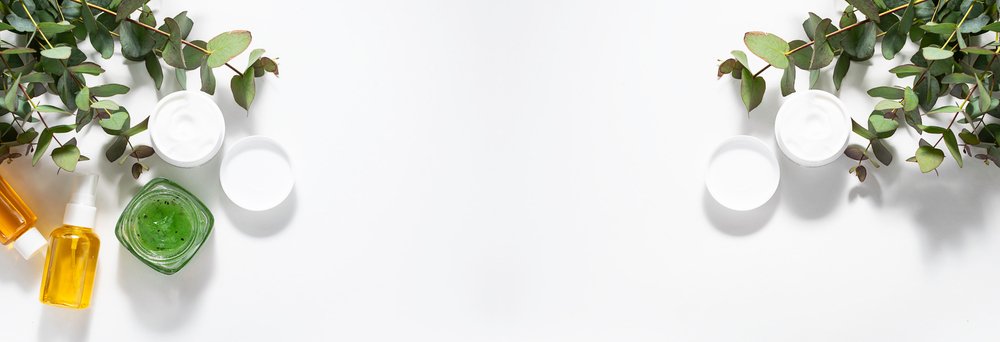 Treatments can range from incorporating Sulphur into your skincare routine (it is both anti-fungal and anti-bacterial) to needing an anti-fungal oral medicine prescribed, depending on the severity and frequency of your infection. Another beneficial component is salicylic acid. You can also use an oil-free moisturizer to decrease the amount of oil that yeast can feed on.
Treatments can range from incorporating Sulphur into your skincare routine (it is both anti-fungal and anti-bacterial) to needing an anti-fungal oral medicine prescribed, depending on the severity and frequency of your infection. Another beneficial component is salicylic acid. You can also use an oil-free moisturizer to decrease the amount of oil that yeast can feed on.
Can acne be prevented?
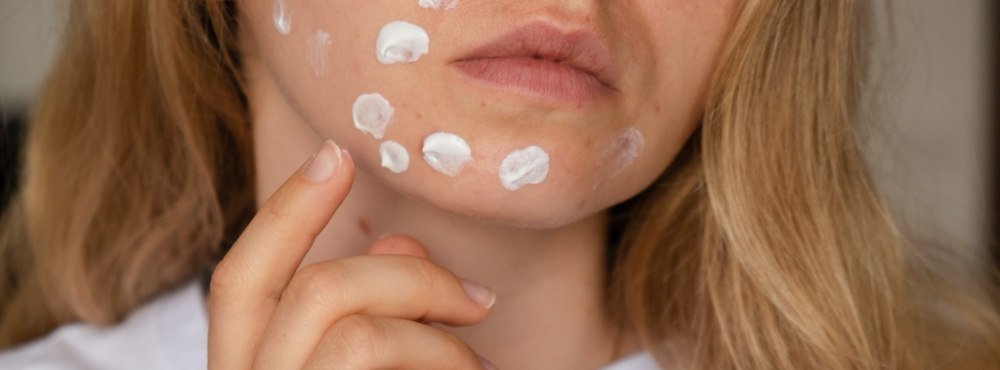 Acne prevention during normal hormonal changes is tough, if not impossible. However, there are certain things that can help:
Acne prevention during normal hormonal changes is tough, if not impossible. However, there are certain things that can help:
- Every day, wash your face with warm water and a gentle facial cleanser.
- Frequently apply moisturizer.
- You do not have to quit wearing makeup, but you should strive to use “non-comedogenic ” products and remove your makeup at the end of each day.
- Maintain a safe distance between your hands and your face.

